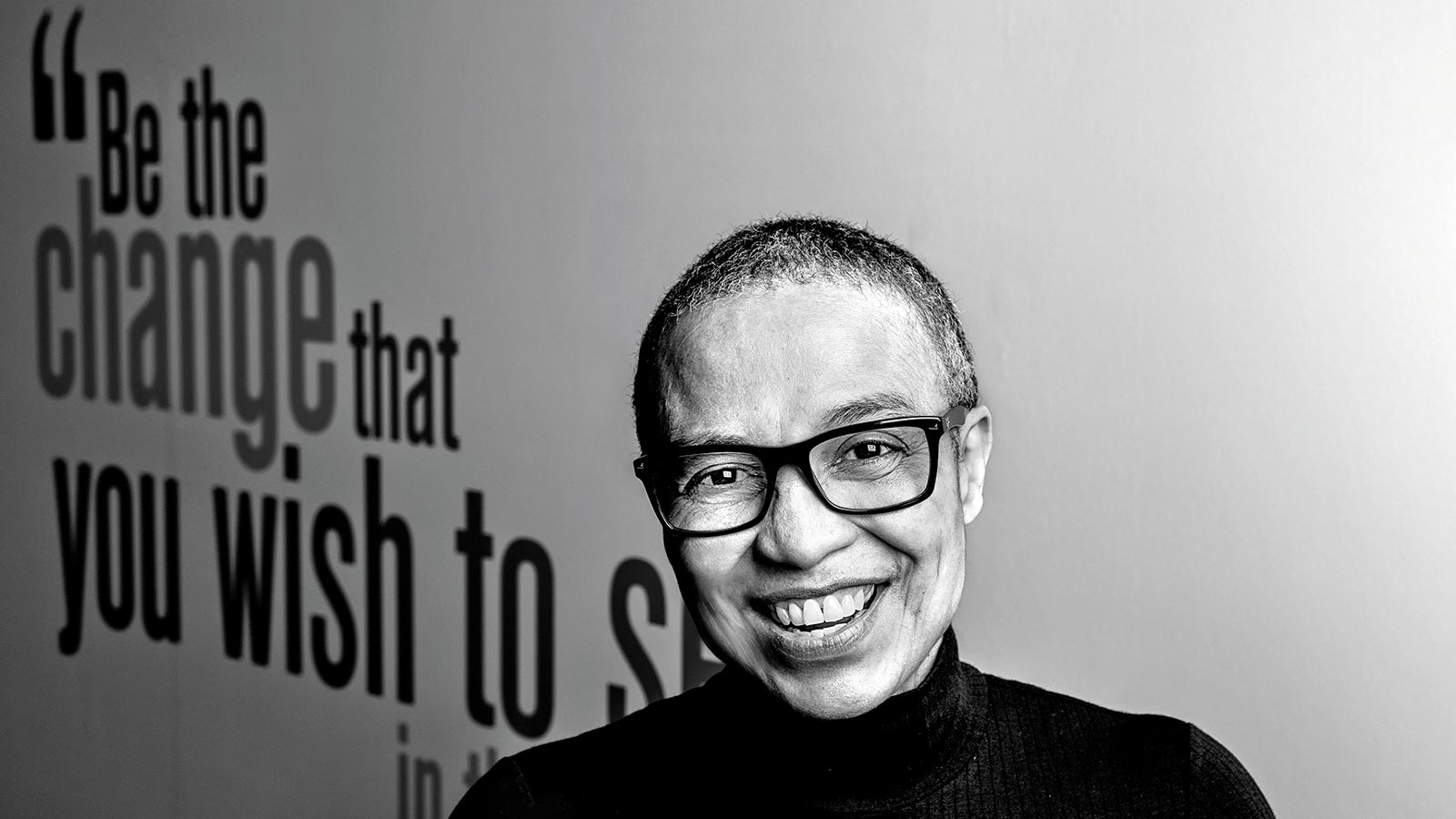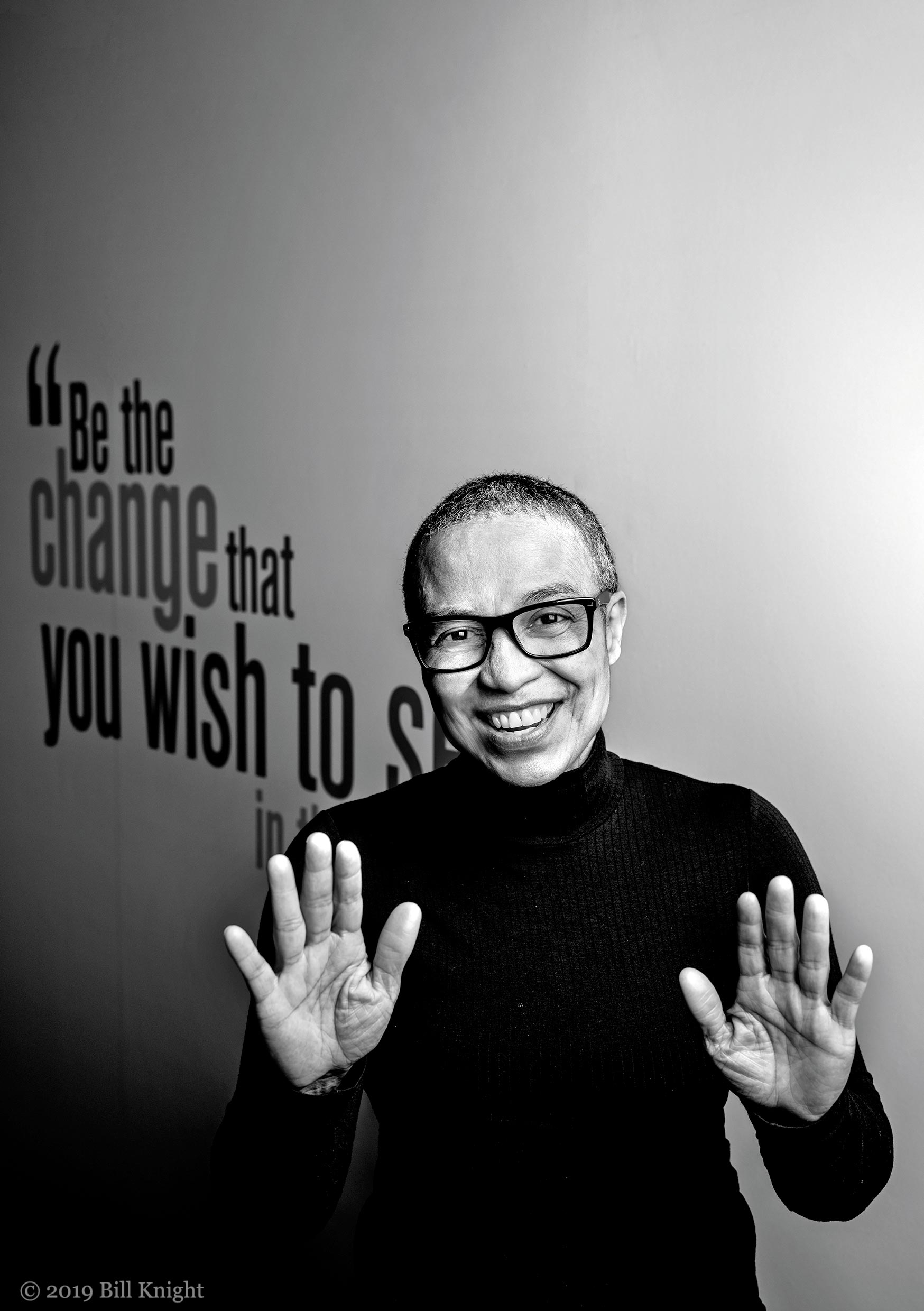Racism is often too easily shrugged off as someone being “overly sensitive” or “misunderstanding” what was done or said—and it’s that invisibility that makes systemic racism against Black people, Indigenous people and people of colour so difficult to dislodge at the institutional level in post-secondary schools—and so undermining of staff, students and faculty members who experience it.
It’s a dynamic that University of Alberta professor Shirley Anne Tate is exploring in post-secondary institutions, and she’ll share her insights at Congress 2021 of the Humanities and Social Sciences, which is being hosted virtually by the U of A from May 27 to June 4.
Tate, who holds the Canada Research Chair (CRC) in Feminism and Intersectionality in the Faculty of Arts, is delivering her keynote address, hosted by the University of Alberta Black Graduate Students’ Association (BGSA), as part of the Congress 2021 Big Thinking lecture series.
Her address will focus on that invisible racism and how it persists as part of the institutional fabric of the academic world.
“For example, as a Black woman, you’ve experienced something which you know to be racist, but then when you say, ‘I’ve experienced this,’ people say, ‘It wasn’t meant that way or maybe this person just isn’t very good at communicating,’ so the racism becomes something that is reduced to the personal level. So it disappears, ceases to matter and becomes part of the way an institution operates, while you are problematized.”
That invisibility marginalizes Black students and faculty within the academic community, she added.
“Their concerns are not met with any kind of appreciation or ‘I believe you’ statements. And that affects how people interact with us—how we are graded as students, viewed for promotion as colleagues, the expectations or lack of expectations put on us as academics, or seeing Black colleagues as being ‘equity hires,’ rather than as people who deserve to be there because of their hard work. It also textures your experiences as a Black person in terms of how you can relate to the institution and your colleagues, because you're being kept at a distance at all times.”
For more than a decade, Tate has turned her research analyses—rooted in Caribbean decolonial and Black feminist thought—to the academic world itself. Her CRC research investigates racism and decolonization in universities across Canada, Brazil, South Africa, Sweden and Finland.
Through her CRC work, Tate ultimately hopes to develop a transnational collaborative project with colleagues on what curricular and institutional culture, processes and policy interventions might work in addressing intersectional institutional racism affecting faculty and students globally.
“It’s necessary to have some difficult conversations, but we also have to see concerted action. We have to have a can-do attitude—how it is that we can take these actions forward. We’ve had equity, diversity and inclusion initiatives for a long time, but you have to wonder why we are still at the same point. Something is broken somewhere and we have to fix it.”
The BGSA is also presenting opportunities through Congress 2021 to further explore the issue of institutional racism, offering two on-demand recorded panel discussions that attendees can view at their leisure, generated from a conference about the Black student experience in academia that the group held earlier this year.

